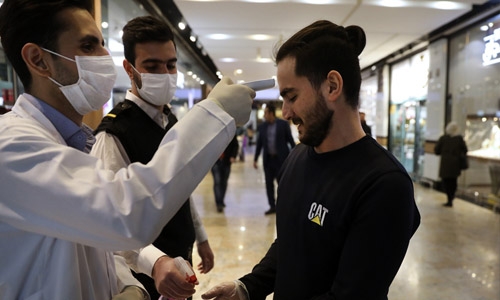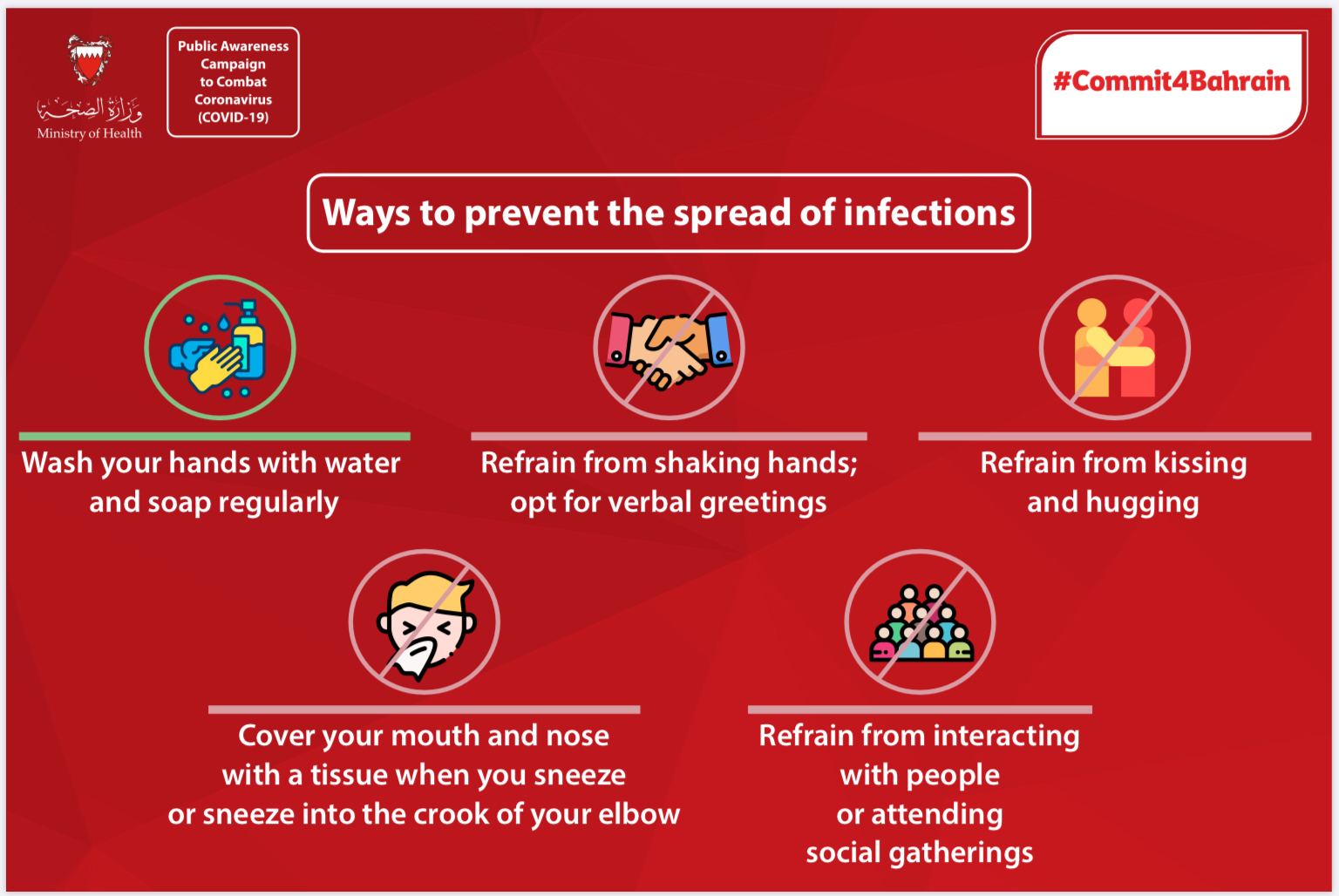From the ‘new normal’ to the ‘new future’ in Bahrain
TDT | Manama
The Daily Tribune – www.newsofbahrain.com
With five vaccines already available for all in the Kingdom of Bahrain, we are starting to see a way to restore health, economies and societies together, and genuinely get back to normal life.
Bahrain has authorised the emergency use of five vaccines against COVID-19, namely Pfizer/BioNTech, Sinopharm, AstraZeneca’s Covishield, Sputnik V and most recently the Oneshot Johnson & Johnson.
Although the global health crisis seems to have been with us for a long time, the reality, however, is that the pandemic is still in the early days, if we were to believe the experts around the world.
In fact, infections and deaths are still accelerating with almost a year into the pandemic.
Even though many of us have been dreaming about the day that things go back to normal, re-entry into the real world might not be all smooth sailing. It might actually be a different life when we get out of this pandemic.
Basically, for the next year, maybe two, we will have to adjust to the “new normal” in our lifetime.
We can expect to see lots of changes when we emerge into the “new normal”, from a favourite café that didn’t survive the shutdown to greetings between friends that now consist of a nod, a wave, and a fist or elbow bump rather than an effusive hug, or handshakes.
The desire to pick up old habits like a dinner party with friends and family might be tinged with concern about whether it’s really wise to socialise in close contact with others.
Getting from place to place will be different, too. Fear of public transit is likely to linger regardless of whether or not they can be made safer through a combination of mask-wearing and social distancing.
Temperature checks and sensors will be routine in office buildings and airports. Smartphone apps will alert those who have come in contact with infected people and allow public health authorities to track their movements.
For those who have lost income or jobs, there are also practical concerns to grapple with – finding work, meeting financial commitments, or negotiating with landlords and banks to manage rent, mortgages and credit card payments.
A lot of things that people are going to be worrying about will be economic issues – their future, their career, among others.
These financial pressures will be front and centre of many people’s lives for the foreseeable future and could have a significant impact on their mental health.
Related Posts


